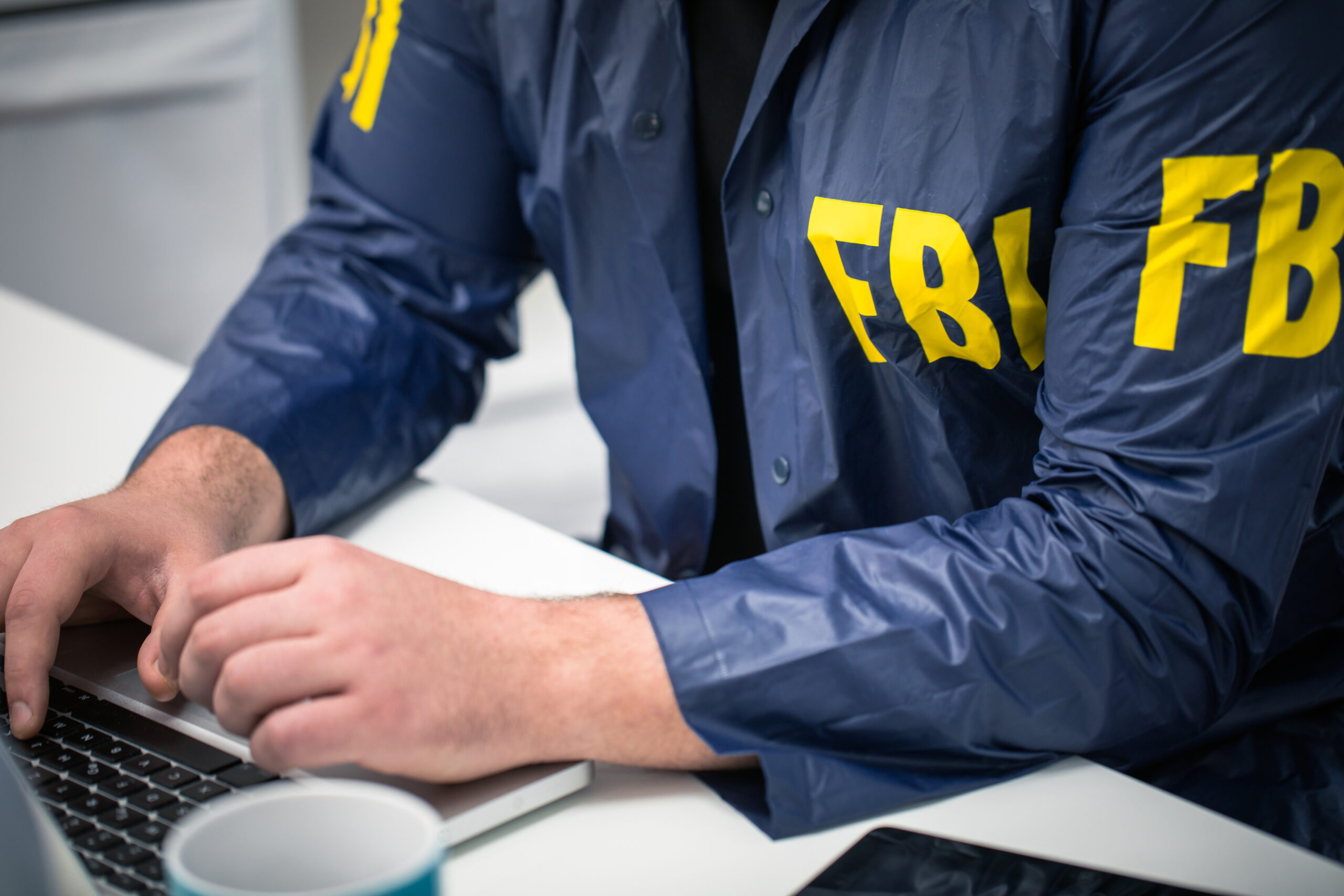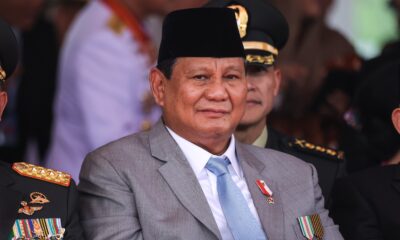FBI Admits Surveilling Americans’ Social Media ‘Every Day’

Last week, Rolla Abdeljawad, a Stillwater, Oklahoma resident, encountered an unexpected visit from FBI agents at her doorstep. The agents — after refusing to show their credentials on camera — said they had shown up to ask Abdeljawad questions about her Facebook social media posts. The interaction has brought the FBI’s practice of questioning Americans about their online activities back into the ongoing discussion of the targeting of conservative Americans by the federal government’s deep state. The FBI agents in Oklahoma admitted to Abdeljawad that they surveilled all forms of online activity “every day, all day long,” ostensibly in the name of public safety.
Abdeljawad’s interaction with the agents was captured in a video later shared on X, formerly known as Twitter, by her attorney, Hassan Shibly. The footage revealed the agents’ explanation that Facebook had submitted screenshots of her posts to the bureau, raising questions about the content of what she had shared.
Despite the FBI’s assurance that its mission is to “protect the American people and uphold the Constitution of the United States,” the agency’s actions often appear to be directly at odds with the First and Fourth Amendments.
This incident challenges the understanding of freedom of speech and privacy. It sheds light on the practices of social media platforms in cooperating with law enforcement. For example, Meta, Facebook’s parent company, has policies to provide data to law enforcement under certain conditions. Current legal challenges being addressed by the Supreme Court claim that federal agents’ collaboration with Big Tech directly implicates citizens’ constitutional rights against unlawful government surveillance.
Moreover, the incident involving Abdeljawad, a Muslim woman expressing her political views online, highlights the delicate intersection of national security, freedom of expression, and the right to privacy. It raises significant questions about the criteria used by the FBI for surveillance and the transparency of such processes.
More and more normal Americans — who may disagree vehemently with Abedeljawad’s personal political beliefs — are now feeling the threat imposed by unlawful surveillance of their daily lives. If the FBI feels nothing restricts it from watching over Abedeljawad’s every move, there is no reason to think it is not also spying on the actions of supporters of President Donald Trump, whom the current administration has branded as the “most dangerous domestic violence threat” facing the nation.
























